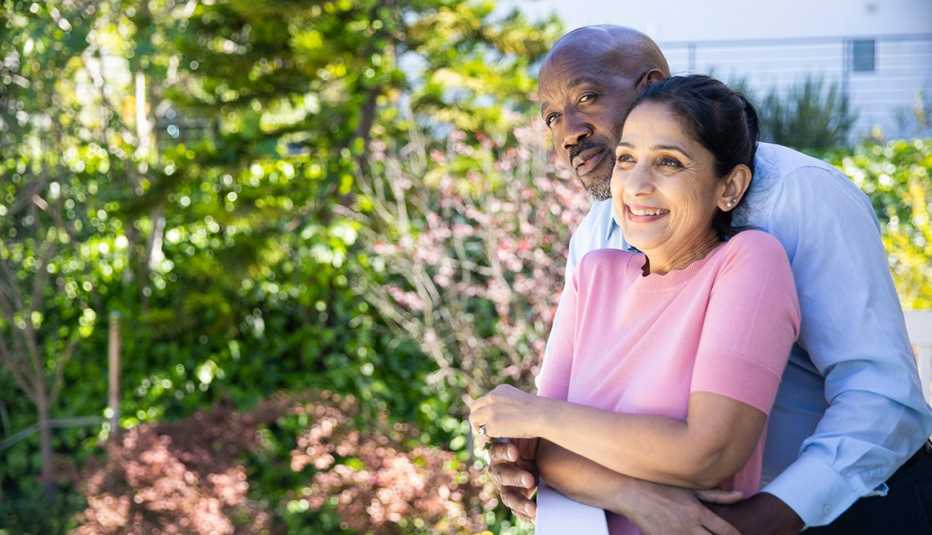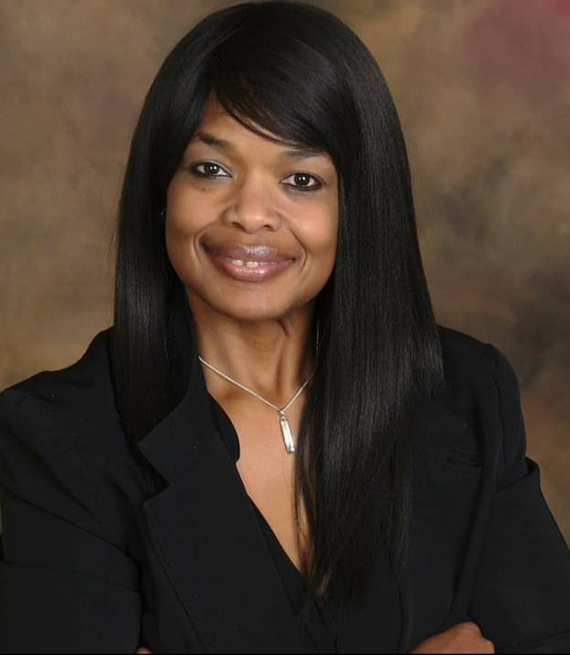AARP Hearing Center


It can be hard to interpret the signals when diving into the dating pool at an older age. But when romance involves someone whose spouse has died, confusion may come with the territory.
A widow or widower's reactions to the dating process don't always follow the same patterns as those of people who are divorced or have never married. Surviving spouses may feel torn between honoring the memory of their deceased loved one and pursuing their own happiness. They may wrestle with feelings of guilt — not only about being alive, but for “cheating” on their spouse who has passed away.
Dating a widow or widower may take patience, a willingness to embrace the spouse who has died, and a commitment to step gingerly when it comes to introductions to friends and family. And it's not right for everyone. The result, though, can be a positive, successful bond.


"The wound is deep but it can be healed,” says Maureen Bobo, 52, chief executive of public relations for Hope for Widows Foundation, an international organization based in Forney, Texas."You just want to make sure that you tread lightly."
1. Assess the circumstances
Taking things slowly, emphasizing deep conversations, and communication are keys to allow the relationship to progress at its own pace, Bobo says.
But because not all grief is alike, finding out how the former spouse died may shed light on what you're getting into. “Sudden and unexpected losses produce more intense traumatic reactions and have more pronounced grief symptoms,” notes Peter A. Lichtenberg, a clinical psychologist and gerontologist at Wayne State University in Detroit. He has been a widower twice.
And even when a widow or widower is open to another romantic partnership, that doesn't mean the deceased spouse has been forgotten.
"The relationship never goes away,” and that may be difficult for a potential partner to accept, says Lichtenberg, 61.
His current wife, of two years, Debra, recognizes that Lichtenberg will always maintain emotional ties to Becky, who died suddenly of undiagnosed heart disease, and Susan, who died after a nearly four-year battle with breast cancer.


Fred Colby, 72, author of Widower to Widower: Surviving the End of Your Most Important Relationship, says that a woman who encourages a widower to share his story fully — and that includes insight on his relationship with his spouse — will be much more apt to have a successful future with him.
"Widowers have fewer opportunities to tell their story than widows,” because they typically have fewer close friends than women have and divulge much less, explains Colby, of Fort Collins, Colorado. “So, they are often more desperate to tell it when they have a willing partner."

































































More From AARP
How to Start Dating: Advice to Connect After 50
Try these tips to find people to date and make a connection13 Great Cities for Older Singles
If you're looking for love, these spots might be where to find it
Professional Matchmaker Patti Stanger Shares Top Dating Tips
New reality show ‘Patti Stanger: The Matchmaker’ features relationship advice for struggling singles